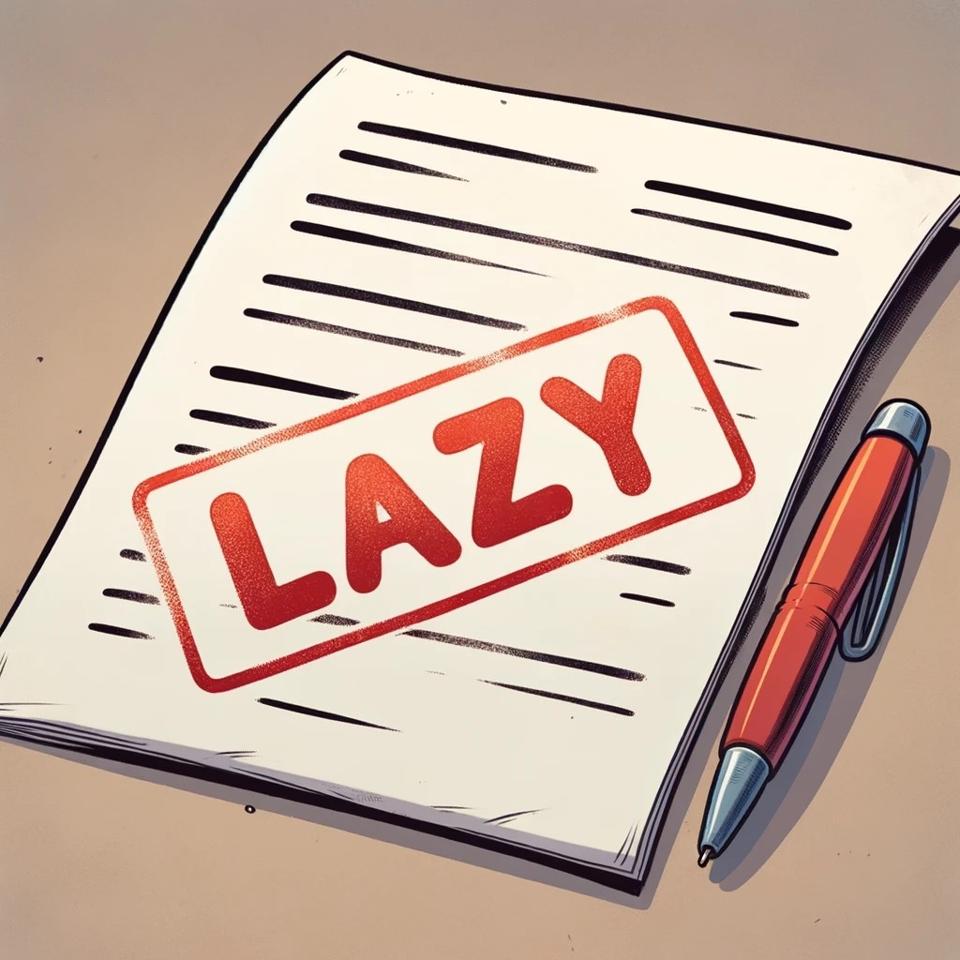There has been a growing movement to recognize the value of skills in the hiring process. Major employers and state governments have begun to drop bachelor’s degree requirements for many jobs – leaving room, potentially, for hiring candidates based on skills, not just credentials. But a recent report by The Burning Glass Institute put a wet blanket on that notion. Despite all the hype and promise, a mere 1 out of 700 applicants without a degree are being hired into jobs that have dropped the degree requirement. The skills-based hiring movement has a very long way to go, and one of the biggest culprits is what some experts are referring to as “job description laziness.”
“The reality is that we’re not very good at identifying skills needed for most jobs. We don’t include manager observations in an employee’s skill profile in our HR systems, and instead rely on self-reporting of skills, which can be inaccurate. Formal performance and development reviews are about performance and rarely skills gains or gaps,” explains Rachael Bourque, Senior Vice President of Corporate Learning Solutions at Kaplan and an expert on skills-based hiring. “When roles are vacated, most managers are so desperate to maintain business as usual that we repost old and sometimes borrowed job descriptions, without putting effort into listing out skills required for success in a role. This is essentially “job description laziness,” says Bourque.
Most employers are not in the regular habit of updating and revising job descriptions – despite rapidly evolving technologies, processes, and roles. Managers rarely take the time to carefully critique and revise job descriptions, few ask their employees in those roles to weigh in on the process, and HR staff are often absent the important nuances of jobs within their organizations as they rely heavily on the managers those roles report into to inform the job descriptions on file. As a result, job descriptions tend to be static and rarely updated, rather than living, breathing documents.
The result of all this is poor job descriptions that continue to rely on credentials and experience over skills. It’s one thing to drop “bachelor’s degree required,” but if that isn’t replaced with a relevant and specific set of clearly articulated skills it defeats the purpose. Dr. Neil Morelli, an industrial-organizational psychologist, summarized the importance of quality job descriptions to the success of the skills-based hiring movement: “High-quality job descriptions…help teams stay rooted in skills-based hiring decisions by focusing on the skills that predict success in the role, not on arbitrary standards and proxy qualifications (e.g., education, experience) that have low predictive value.”
Not surprisingly there are sizable perception gaps between applicants and hiring managers when it comes to the clarity of job descriptions. While 72% of hiring managers say their job descriptions are clear, only 36% of candidates agree. Not only does this lack of clarity disadvantage skilled but non-credentialed candidates at the micro-level, it creates problems for researchers at the macro-level. Many reports about the skills needed in the workplace are based on large-scale scrubbing of posted job descriptions. If the posted job descriptions aren’t accurate, there is a ‘garbage in, garbage out’ dynamic in terms of identifying what the hot, in-demand skills really are.
CEOs, hiring managers, and HR staff won’t like to hear this, but job descriptions need to be fluid, not static. And that fluidity likely means updates every few months, not every few years. The skills-based hiring movement depends on it.

